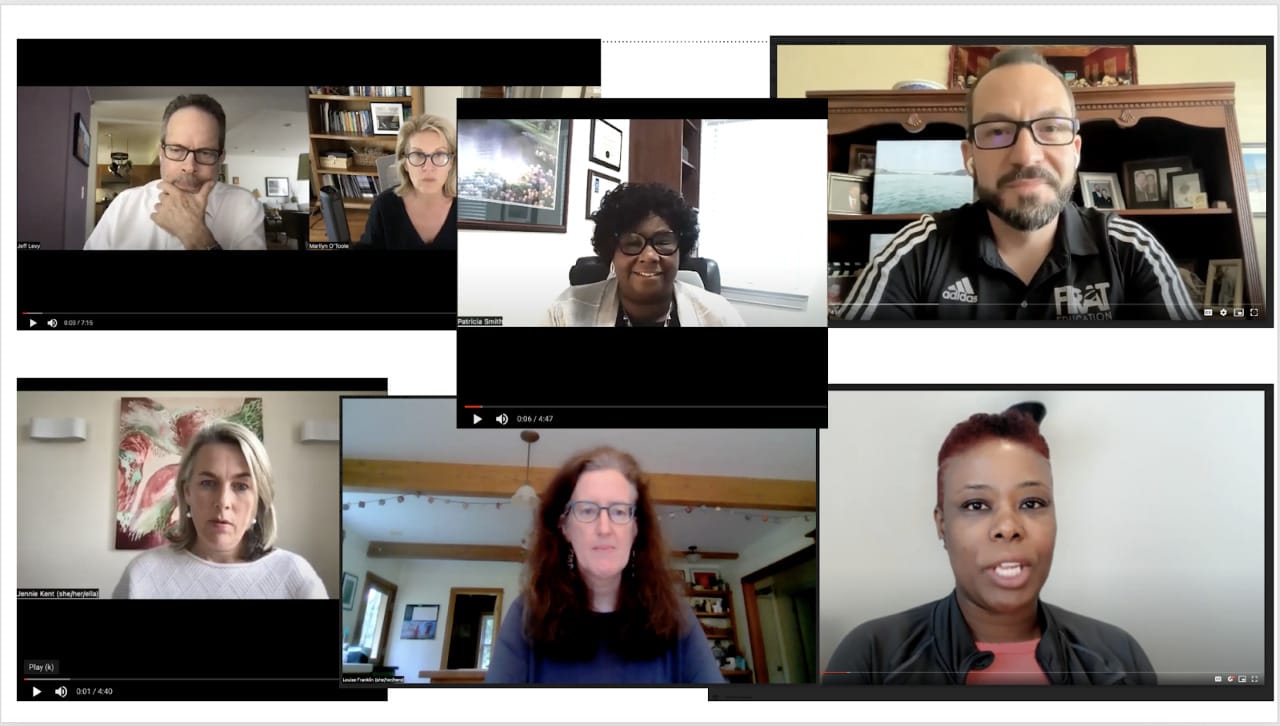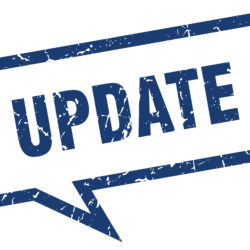Note: This blog uses terms that may be unfamiliar to some readers. It Gets Better Project offers a helpful glossary.
Happy Pride Month, IECA!
In June, the month of the historic Stonewall Uprising of 1969, we celebrate with Pride the global LGBTQIA+ community and the Black and Brown trans foremothers of the gay rights movement, people who fought for equality and justice in the face of violence and harassment for being their authentic selves.
Pride Month is about celebration, but it is also about advocacy and activism. As IECs, we are in a prime position to be allies and advocates for our LGBTQIA+ students.
Supporting LGBTQIA+ People
The first thing we can do to support our LGBTQIA+ students and families is to ensure that we support our LGBTQIA+ colleagues and people in our everyday lives. Learning how individual schools, colleges, and therapeutic programs serve LGBTQIA+ students is important, but that information will land flat if our consulting practices and professional associations don’t operate inclusively to begin with.
Let’s start by recognizing the falsehoods and societal norms we’ve internalized and re-educate ourselves so we can be effective allies.
Misinformation and false assumptions cause harm to LGBTQIA+ people. Having a gender identity or sexual orientation that does not align with cisnormative, heteronormative standards is not someone’s lifestyle choice or political statement. It is the true, lived experience of a human being.
Being raised with recent social norms can result in anti-LGBTQIA+ bias and internalized homophobia, transphobia, and heterosexism—even for people within the LGBTQIA+ community. These norms lead us to expect that people are heterosexual and identify with the gender they were assigned at birth unless we’re told otherwise, unless the person “comes out.” These assumptions are unconscious until we make an effort to examine and counteract them by seeking education.
Educating Ourselves
LGBTQIA+. Heteronormative. Homophobia. Transgender. Ally. Microaggression. Gay. Queer.
Some of these words may be familiar. Others may not. Make an effort to learn them. Find a buddy to practice with and help you use them. Pronouns and chosen names, in particular, require practice.
Education helps us be informed and effective allies. Don’t rely on an LGBTQIA+ person to define terms or tell you why certain language is hurtful or offensive. Use Google and accept responsibility for your own learning. (You’ll find numerous resources throughout this blog.)
Being an Ally Requires Action
Allies take action even when it’s uncomfortable.
For example: Speak up when you observe microaggressions against an LGBTQIA+ person or group. Correct a speaker who has misgendered someone. Don’t let others use words like “gay” or “queer” in a negative way or tell an LGBTQIA+ person to act or look differently in order to fit in. When you make an inevitable mistake, apologize, correct it, and move on without calling further attention to the blunder.
Be an Ally by Protecting LGBTQIA+ Students
We live in an unjust world where LGBTQIA+ students are not always safe, even at home. If a student comes out to you, respond with appreciation, respect, and affirmation. Listen attentively. Ask if they need any help or resources.
Maintain student confidentiality in conversation, communication, and written notes. It is critically important that we don’t “out” a student to anyone, including their family. Consider specifying in your client agreement that you will maintain student confidentiality except in cases where you are a mandatory reporter or choose to follow such guidelines.
Develop a list of local and online organizations that you can share with students if needed. GLSEN’s When A Student Comes Out to You blog provides helpful advice for education professionals, and their Coming Out blog and handout are excellent resources for students.
Other Actions That Build an Inclusive Practice
- Create and promote a non-discrimination policy.
Be sure your policy includes non-discrimination based on sexual orientation and gender identity or expression. Ensure that it applies to all individuals, including students, parents/guardians/caregivers, employees, vendors, and your professional network. - Conduct a content audit.
Are your forms, resources, and photos inclusive of all identities and family structures? Do you use inclusive language in your online content and communication with families? - Ask for chosen or preferred name, rather than nickname.
A nickname can be informal or trivial, whereas a trans student’s chosen name is a vital affirmation of their identity. To be inclusive of trans students, use the term chosen name or preferred name, or simply ask “What would you like me to call you?” - Don’t require, or even request, a person’s legal name.
A trans person’s legal name may be dysphoric for them. Only ask for it when absolutely necessary, such as on applications that will need to match the student’s high school or medical records. - Avoid “othering” trans and non-binary people when requesting pronouns.
When requesting pronouns from clients, provide a blank line where each respondent may fill in their own answer. This is preferable to trying to list all possible pronouns and avoids minimizing the identity of someone who might otherwise have selected “Other.” - Don’t make sharing pronouns compulsory.
A student may feel unsafe sharing their pronouns, especially in a group setting. Likewise, someone who is struggling to determine their true identity after years of hiding it may not be ready to share definitive pronouns. Make sharing an option, not a requirement. Use the person’s name when referring to them until they share their pronouns or you can ask privately.
Safer Spaces Start with Us
Establishing an inclusive practice for LGBTQIA+ students and families requires that we continue to learn and grow. The resulting strength of our personal and professional relationships, and the joy of a well-supported and well-advised student, remind us why the effort is worth it.
By Suzanne Lewis, M.Ed., founder & CEO of Meridian Educational Consulting LLC. As an active Professional member of IECA, she serves on the Diversity, Equity, & Inclusion (DEI) Committee, was a 2021 Summer Training Institute (STI) faculty member, and co-founded the LGBTQIA+ and Allies Affinity Group with Chris Andersson.
Resources for Further Study
Many local and national organizations provide resources and education for you or your constituents:
PFLAG – With over 400 chapters across the country, PFLAG provides confidential peer support, education, and advocacy to LGBTQ+ people, their parents and families, and allies.
GLSEN – Their mission is to ensure that every member of every K-12 school community is valued and respected regardless of sexual orientation, gender identity, or gender expression. Provides student programs, advocacy, research, and policy work.
- GLSEN’s flagship National School Climate Survey offers national data and state snapshots examining the school experiences of LGBTQ middle and high school students.
The Trevor Project – The world’s largest suicide prevention and crisis intervention organization for LGBTQ young people. Also offers resources and education for people working with LGBTQ youth.
- Read the report from their 2022 National Survey on LGBTQ Youth Mental Health.
It Gets Better Project – Their mission is to uplift, empower, and connect LGBTQ+ youth around the globe. Offers inspiring content and mental health tools.
Campus Pride – The leading organization for student leaders and campus groups working to create a safer college environment for LGBTQ students. Known for the Campus Pride Index database of LGBTQ-friendly campuses, they offer a myriad of other resources for college students and those building college lists.
The Williams Institute – The leading research center on sexual orientation and gender identity law and public policy. Ensures that facts—not stereotypes—inform laws, policies, and judicial decisions that affect the LGBT community.
- Published a report in May 2022 on the “Experiences of LGBTQ People in Four-Year Colleges and Graduate Programs.”





